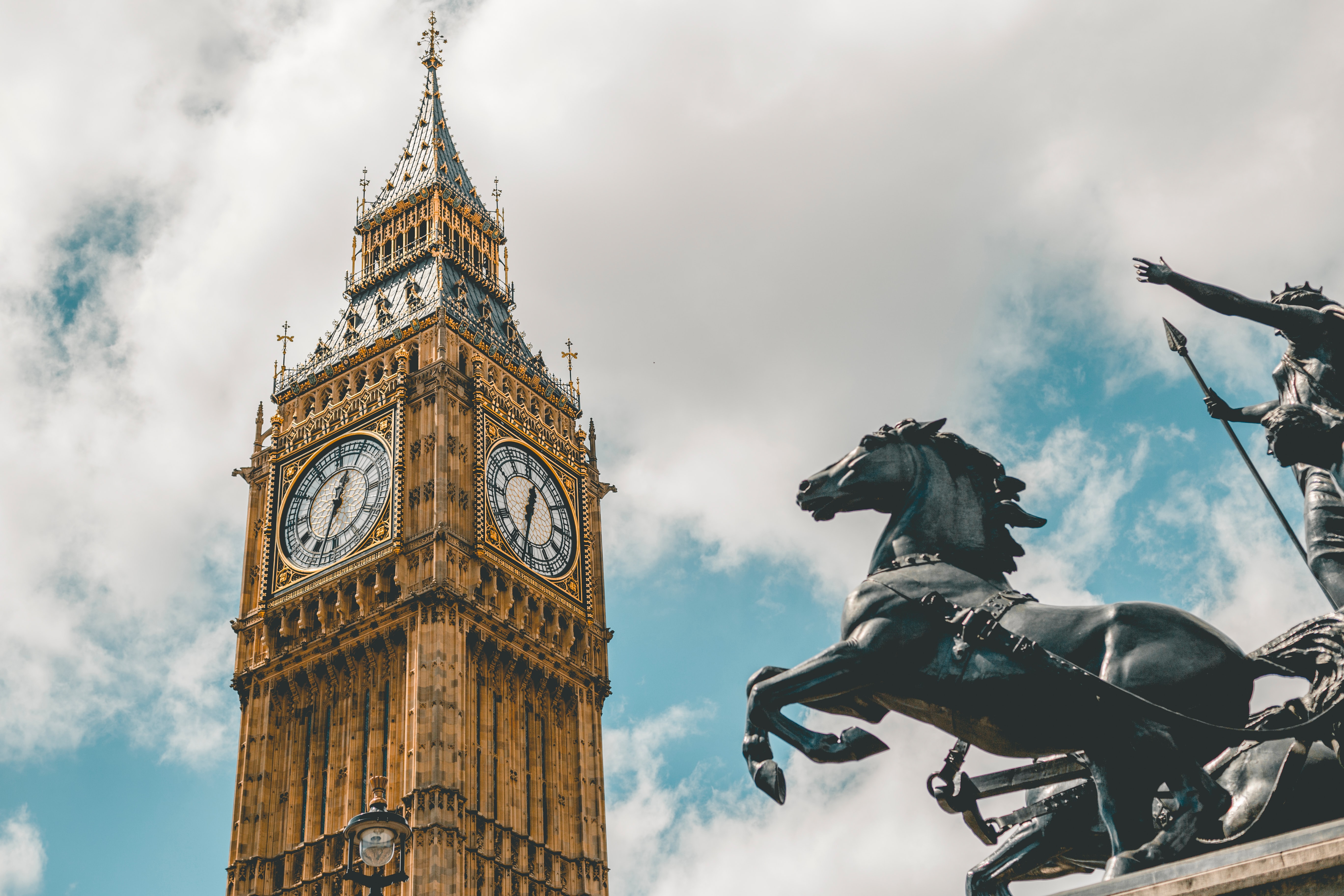
The Chancellor Jeremy Hunt’s Autumn Statement came against the background of a Spring Statement and a September ‘mini-Budget’ (which has now been substantially reversed). The overall context is a European recession and high inflation in the wake of the pandemic and the war in Ukraine.
The Autumn Statement was presented as a difficult and necessary exercise to restore confidence in the UK’s financial position. In October, Mr Hunt spoke of “decisions of eye-watering difficulty” and ever since there has been a regular flow of rumours/leaks about which taxes may increase, how long existing tax allowance freezes could be extended and in which areas spending cuts would fall.
The steady supply of information felt like a pre-Budget kite-flying exercise, so that when the bad news arrived it was at least not a complete surprise. But that did not make the wide range of measures announced on 17 November any less painful.
Just under half of the £55 billion consolidation came from tax and the balance from spending. Mr Hunt described his strategy as a balanced plan for stability, following two broad principles: asking those with more to contribute more; and avoiding tax rises that most damage growth. Nevertheless, the tax increases announced are substantial, according to Mr Hunt, with tax as a percentage of GDP increasing by 1% over the next five years.
The Chancellor said he aimed to deliver a plan to tackle the cost of living crisis and rebuild the economy with stability, growth and public services as the priorities.
Read the entire statement here

